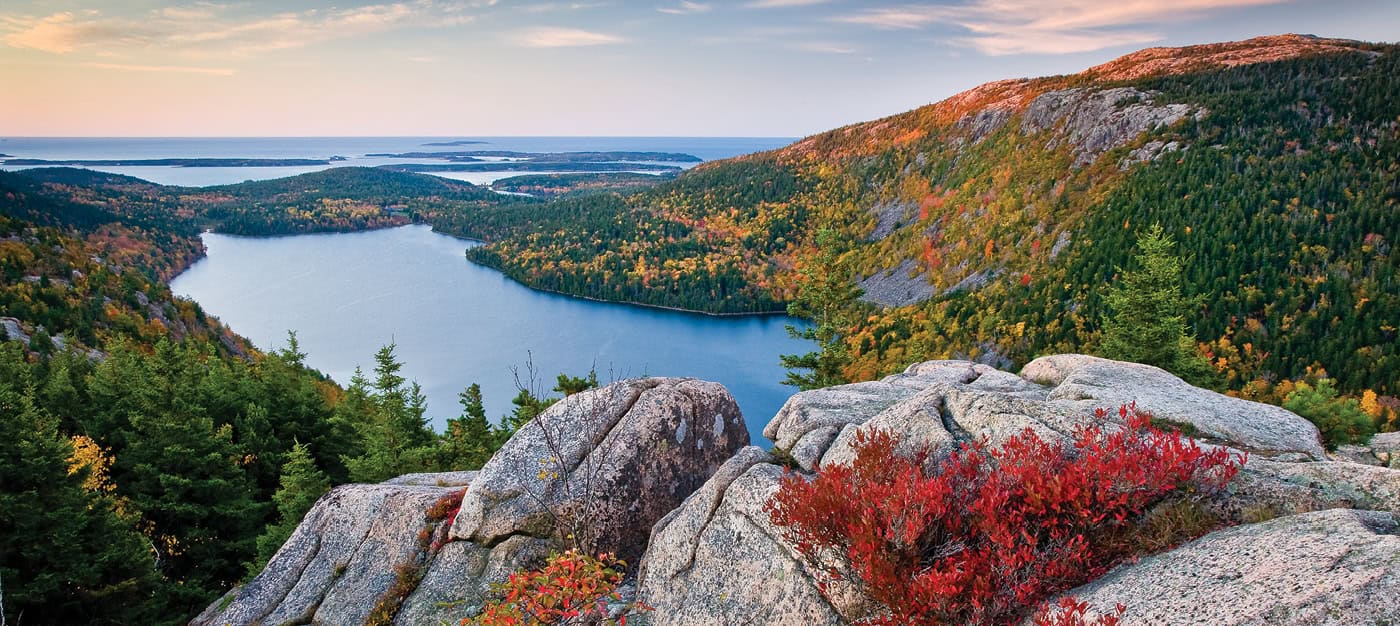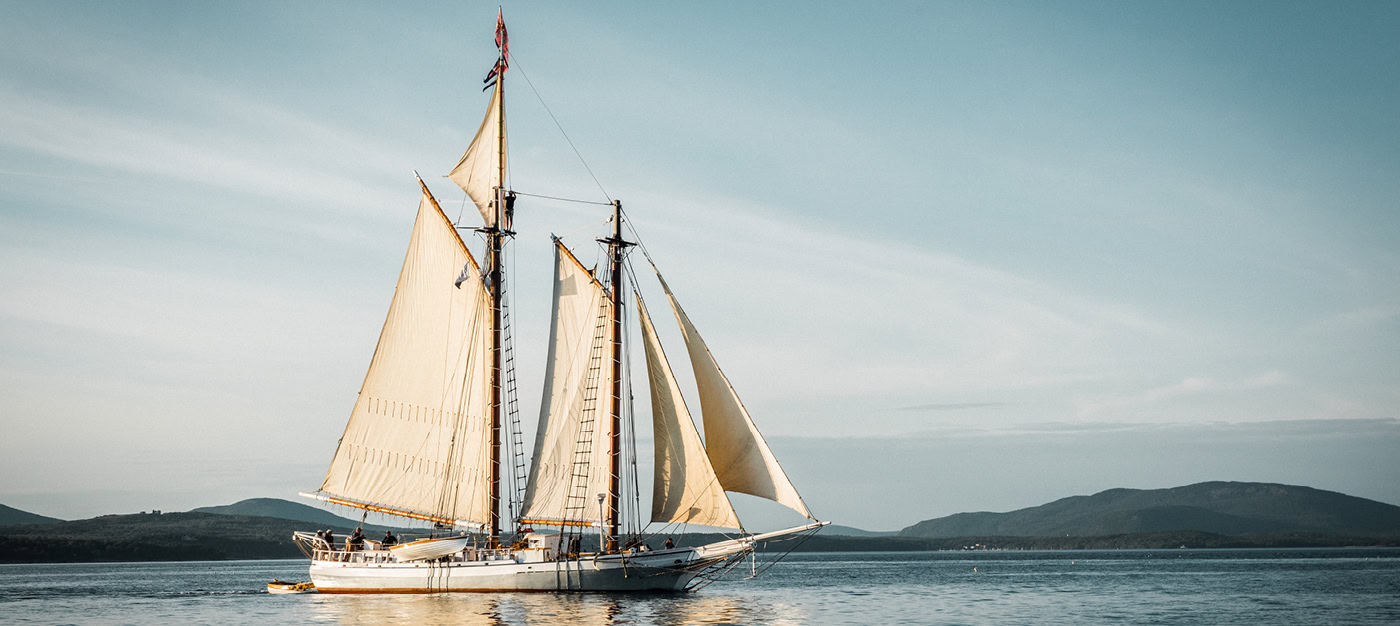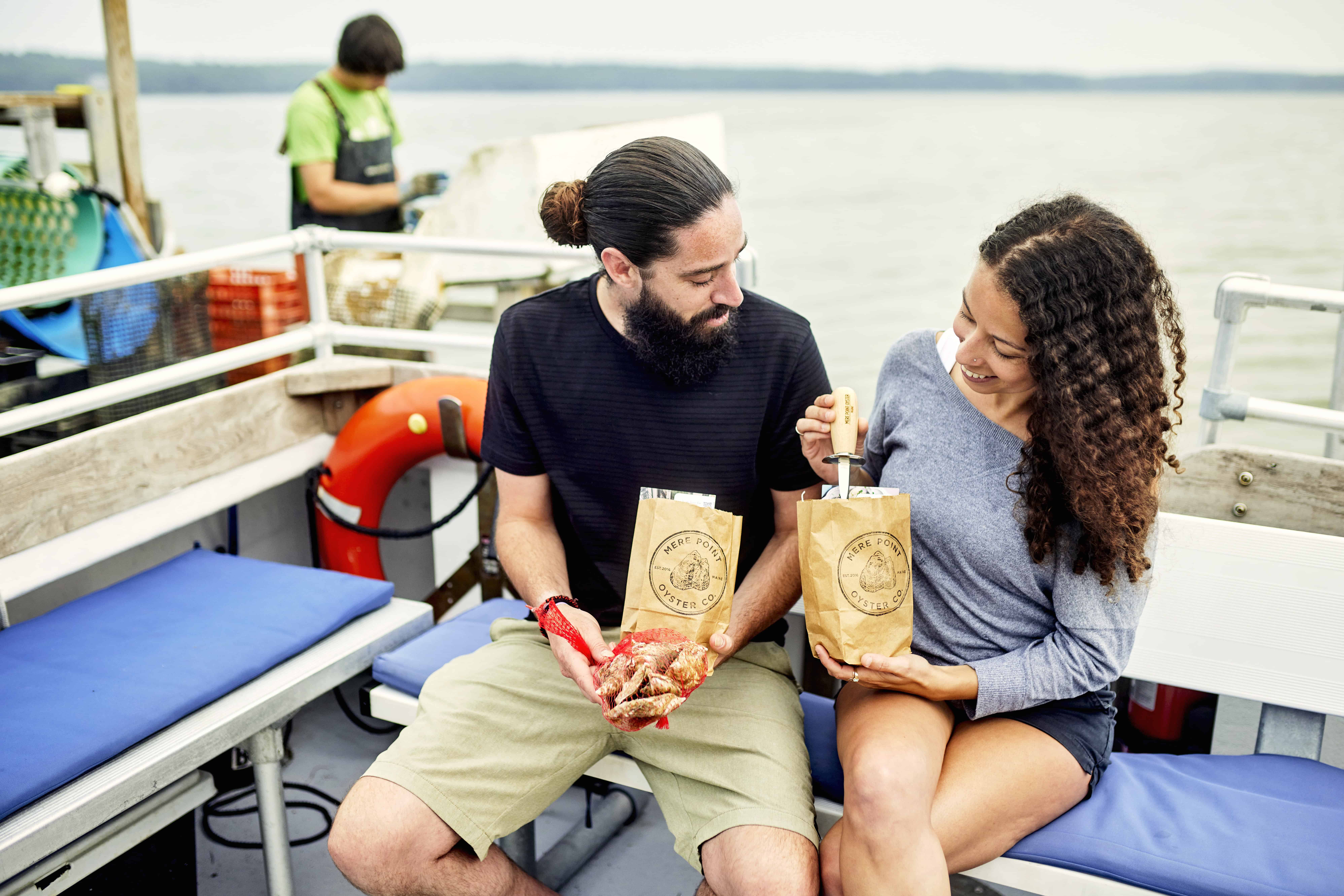Things To Do
From off the beaten path winter activities to charming cities and towns like Lewiston and Bar Harbor, there’s no shortage of things to do in Maine. Mountainside hikes through a kaleidoscope of fiery fall colors. Savory sea-to-table dinners in Portland. Cross-country glides through snow-covered pine. All waiting for you. Whether you’re looking for a summer family vacation or winter weekend getaway, these authentic experiences will leave you feeling inspired.
Fresh Air. Fresh Adventures. In Every Season.
Small moments and simple pleasures…


















